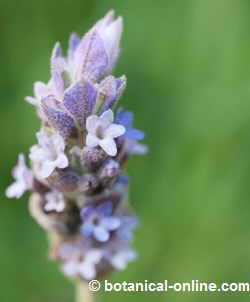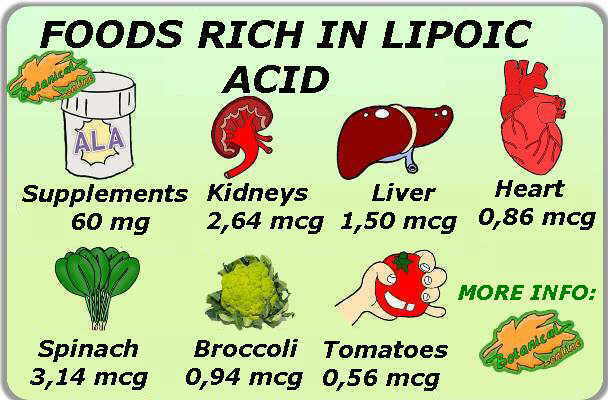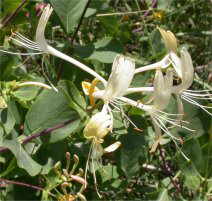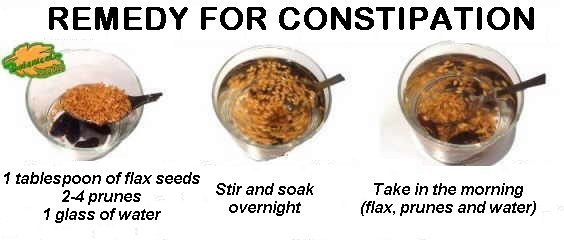…
Benefits of jasmine essential oil
Characteristics of jasmine
Common jasmine, white jasmine or summer jasmine (Jasminum officinale) is a shrub of the Oleaceae family up to 9 meters high. Their stems are woody, climbers, weak and require a support to be able to stay upright as they grow
Opposite leaves, pinnate, dark green, usually with three pairs of acute leaflets and a terminal leaflet, larger than the others.
Very aromatic white flowers gathered in cymes
Originally from Asia (mainly China and India) it appears as a garden plant in many warm places.
How is jasmine essential oil obtained?

From the flowers and through solvents the absolute is obtained. From the absolute, the essential oil of jasmine is obtained by steam distillation. Jasmine oil is obtained specifically from the variety Jasminum officinale var. Linn grandiflorum.
It is grown in China, in southern Europe (especially France and Italy) and northern Africa (Turkey, Morocco, Egypt and Algeria)
Characteristics of jasmine essential oil
The absolute is a very expensive product because it takes a lot of flowers to extract it. He is known as »The king of oils».
- It is a very aromatic liquid, dark orange, very heavy and sticky.
- It is rich in linalool, farnesol, benzyl acetate and methyl jasmonate
Properties of jasmine oil
- Due to its antiseptic and healing properties, it is very suitable for the treatment of skin abnormalities.
- It has anti-inflammatory and analgesic effects, very suitable for muscle and joint problems.
- As an expectorant, antispasmodic and antiseptic, it is suitable for respiratory problems.
- Relaxing. It is tonic and sedative for nerves.
- It can be used as a stimulant and uterotonic. It has sensual properties.
Main medicinal uses of jasmine essential oil
- Ideal for skin care, both in dry skin and oily skin. Very useful in case of dermatitis or easily irritable skin.
- It can be used for the treatment of the respiratory tract through inhalations in the treatment of sore throat, bronchitis, colds, etc.
- Due to its anti-inflammatory and analgesic properties, it can help fight pain and reduce inflammation in muscle aches, strains, etc.
- For nervous problems, such as depression, anxiety or stress
- To increase desire or to facilitate menstruation
Industrial uses of jasmine essential oil
It is used in perfumery and in the preparation of cosmetic products or soaps, also for flavoring drinks and food.
Toxicity of jasmine essential oil
In external use when diluted is not toxic. Generally it does NOT cause irritation, although, used too often, due to its benzyl acetate content it can cause allergic reactions.
![]() More information on essential oils
More information on essential oils








